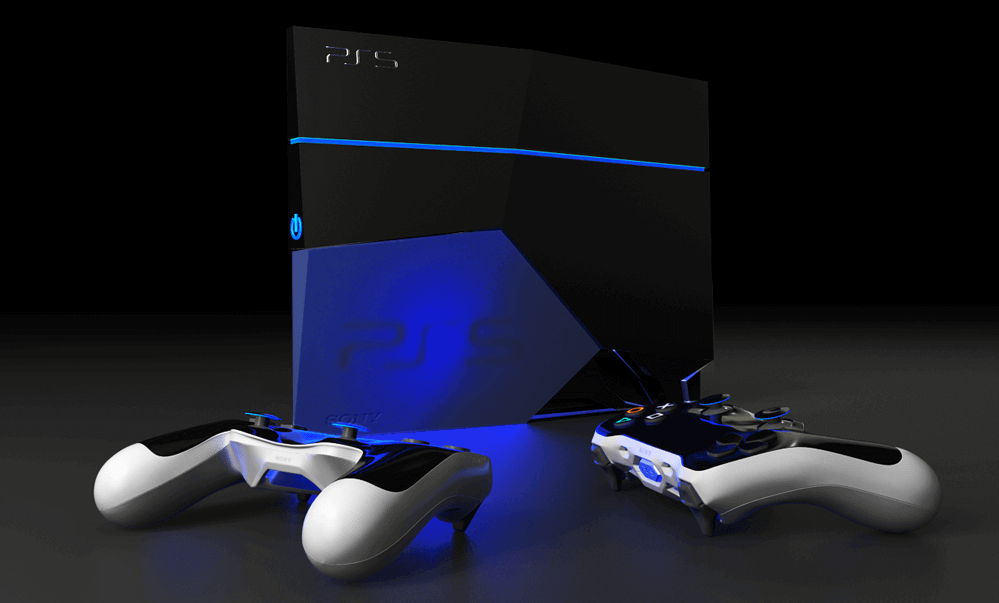Highly anticipated: Details regarding Sony's highly anticipated next generation console have finally emerged as confirmed by lead architect Mark Cerny. While the console is as of yet unnamed, Sony is promising 8K resolution support, ray tracing, backwards compatibility, and SSD storage that is sure to unravel load times. Sony is again working with AMD to power the new console, with the chip maker set to deliver an 8-core chip based on its third generation Ryzen series, boasting the 7nm Zen 2 microarchitecture.
In an exclusive with Wired, Sony's lead system architect Mark Cerny talked shop about the upcoming PlayStation 5 – although it's been made clear Sony hasn't committed to the name. Sony's next-gen console is already in the hands of developers in the form of development kits, and Sony is rapidly accelerating the deployment of those kits so game studios have ample time to acclimate to its capabilities.
Capability is something Cerny framed heavily in his interview, divulging that the PlayStation 4's successor will be powered by a third generation Ryzen processor boasting eight cores and AMD's 7nm Zen 2 architecture. The new console will also leverage a custom Radeon Navi graphics variant, supporting ray tracing and resolutions up to 8K.
Cerny, noting that audio capabilities changed little between the PS3 and PS4, states that 3D audio will be a prominent aspect this time around. "It's been a little bit of a frustration that audio did not change too much between PlayStation 3 and PlayStation 4. With the next console the dream is to show how dramatically different the audio experience can be when we apply significant amounts of hardware horsepower to it," says Cerny.
Super excited to expand our partnership with @Sony on their next-generation @PlayStation console powered by a custom chip with @AMDRyzen Zen2 and @Radeon Navi architecture! https://t.co/EvdIrMNLiV
--- Lisa Su (@LisaSu) April 16, 2019
However, the "key to the next generation" as Cerny puts it, is in the inclusion of super fast storage. According to Cerny, it's no ordinary SSD, claiming it "has a raw bandwidth higher than any SSD available for PCs."
Cerny offered a demonstration using a Spider-Man fast travel sequence on the PlayStation 4, where the loading sequence took roughly 15 seconds. Cerny repeated the process on a PlayStation 5 dev kit, and that same process allegedly took less than one second.
Sony's next console is, to an extent, based on the PlayStation 4 architecture and will be backwards compatible, something rumors have heavily suggested. The new console will also accept physical media, eschewing any notion that it will be download based only. While Cerny put to rest any hope that the console will release in 2019, he hinted that upcoming games like Death Stranding could span generations.
It seems we'll have to wait until 2020 to see the next PlayStation, although there's sure to be news before then. However, don't expect much from Sony at E3 later this summer as the company has opted to skip the show this year.
